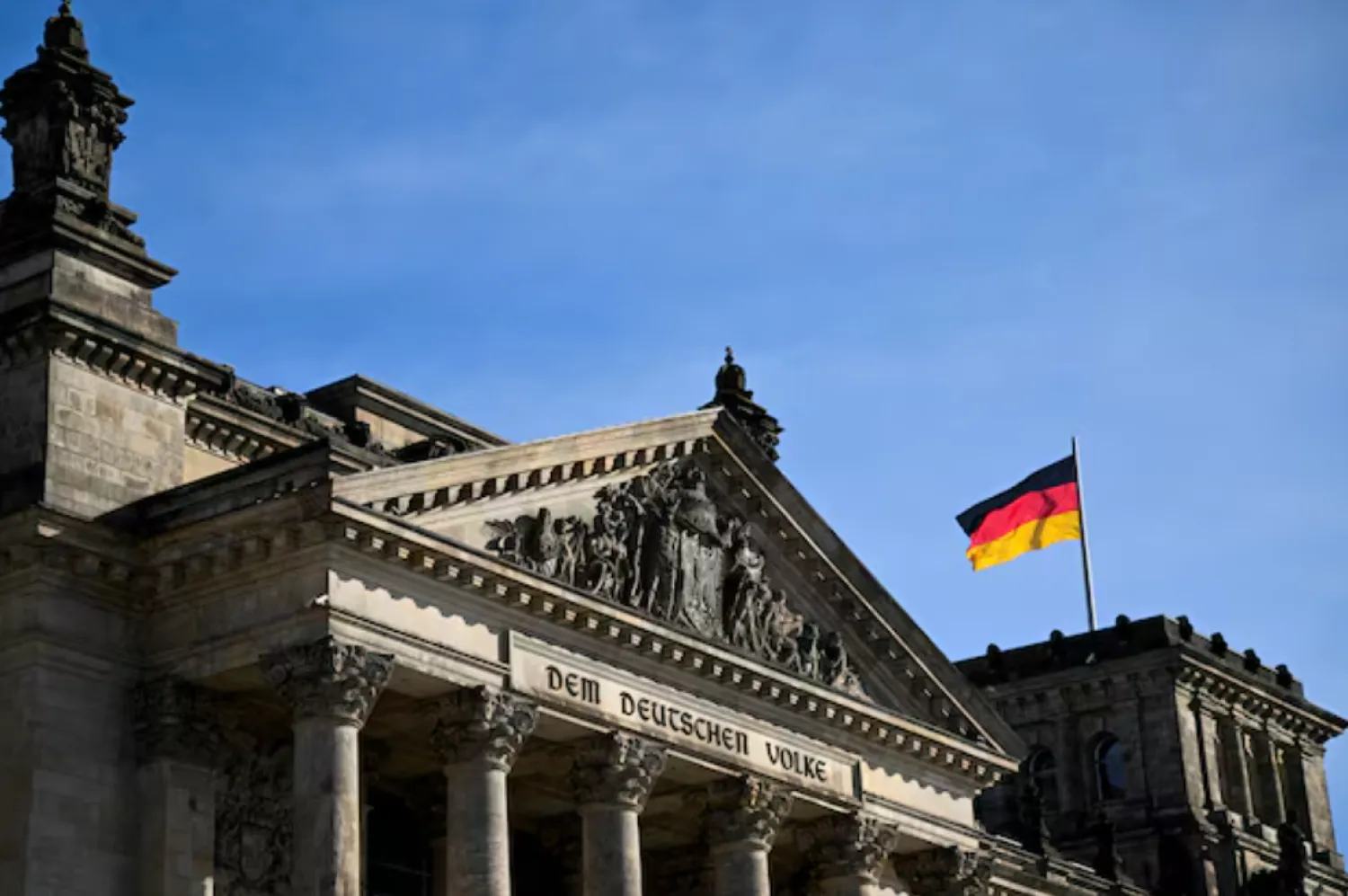Protesters gathered in central London on Saturday ahead of a pro-Palestinian march expected to attract hundreds of thousands of people, with police launching a major operation due to fears of clashes on the day of remembrance for war veterans.
The "National March for Palestine", due to start after 1200 GMT, is the latest in a series of rallies in the British capital to show support for the Palestinians since Israel launched an air and ground offensive on the Gaza Strip following the Hamas group's Oct. 7 assault on southern Israel.
Government ministers had called for Saturday's march to be cancelled because it falls on Armistice Day, which marks the end of World War One and commemorates those killed in military action.
About a mile away from the start of the march, about 1,000 people lined the streets to watch the remembrance events at the Cenotaph war memorial. Among the crowd, some right-wing counter-protesters opposed to the pro-Palestinian march chanted messages including "We want our country back".
Television pictures showed small scuffles breaking out between the police and right-wing protesters near the Cenotaph.
Police have said almost 2,000 officers will be on duty, vowing to crack down on any disorder caused either by those involved in the march or the counter-protest. An unprecedented 24-hour police guard at the Cenotaph has been in place since Thursday.
"The policing operation this weekend is huge," Deputy Assistant Commissioner Laurence Taylor said on Friday, saying it would be "challenging and tense".
Citing worries over planned demonstrations at three railway stations in central London, transport police said protests at Waterloo, Victoria and Charing Cross would be banned until 2300 GMT.
Organizers from the Palestine Solidarity Campaign (PSC) have said the march will steer clear of the Cenotaph memorial near the Downing Street office of Prime Minister Rishi Sunak, and end at the US Embassy about two miles (3 km) away.
While previous PSC marches have been generally peaceful, there have been more than 100 arrests for offences including showing support for Hamas, which is banned as a terrorist organization in Britain, or holding placards with offensive slogans.
There has been strong support and sympathy for Israel from Western governments, including Britain's, and many citizens over the Hamas attacks. But the Israeli response has also prompted anger, with weekly protests in London demanding a ceasefire.
Home Secretary Suella Braverman, the minister in charge of policing, has courted controversy by calling the protesters "hate marchers", and Sunak has come under pressure from his own lawmakers to sack her after she accused the police of double standards over how they treated "pro-Palestinian mobs".
DAC Taylor said police were hoping to prevent trouble, but clashes were likely.
"There will be times this weekend where you see pockets of confrontation, despite the conditions and everything that I've put in place to manage that," he said.









